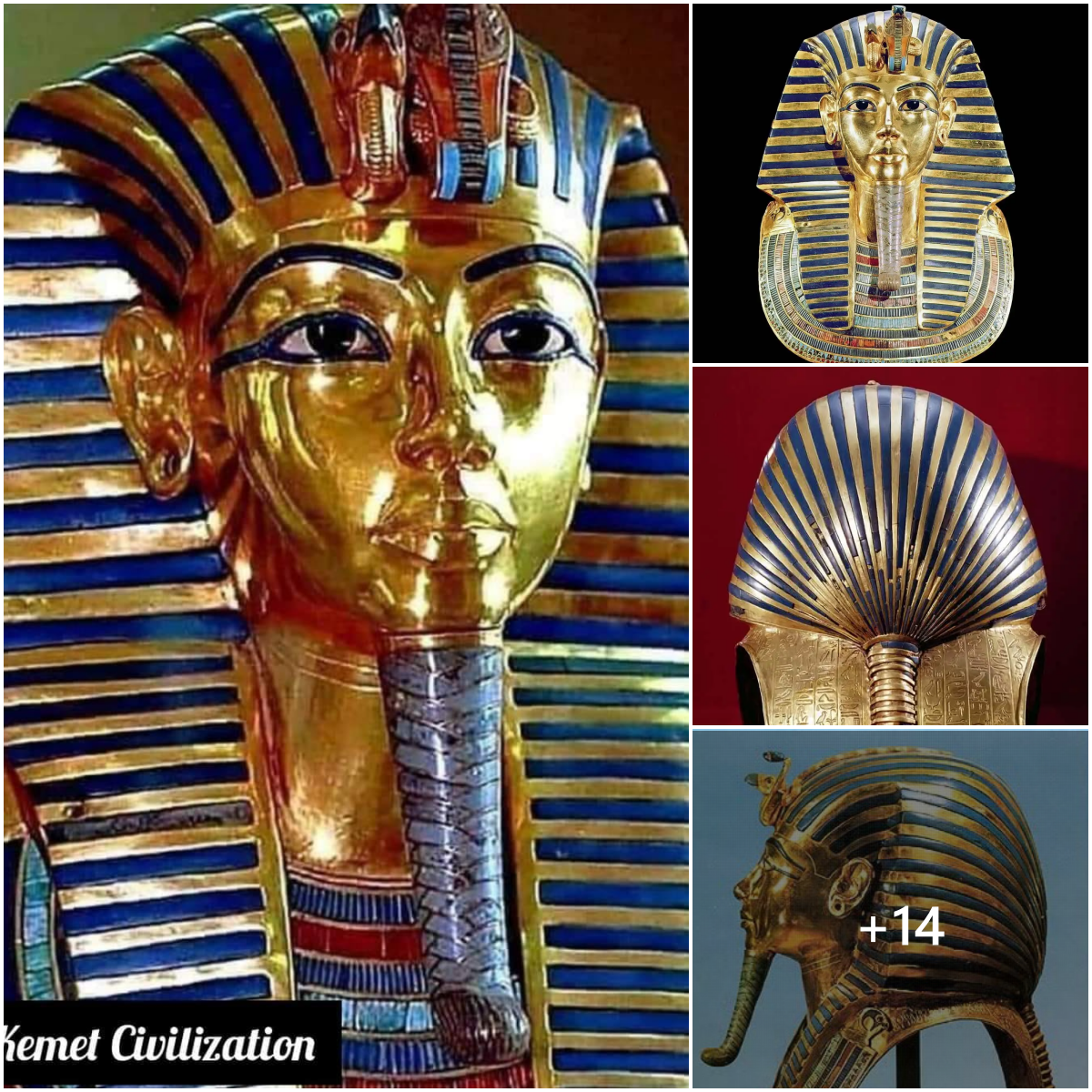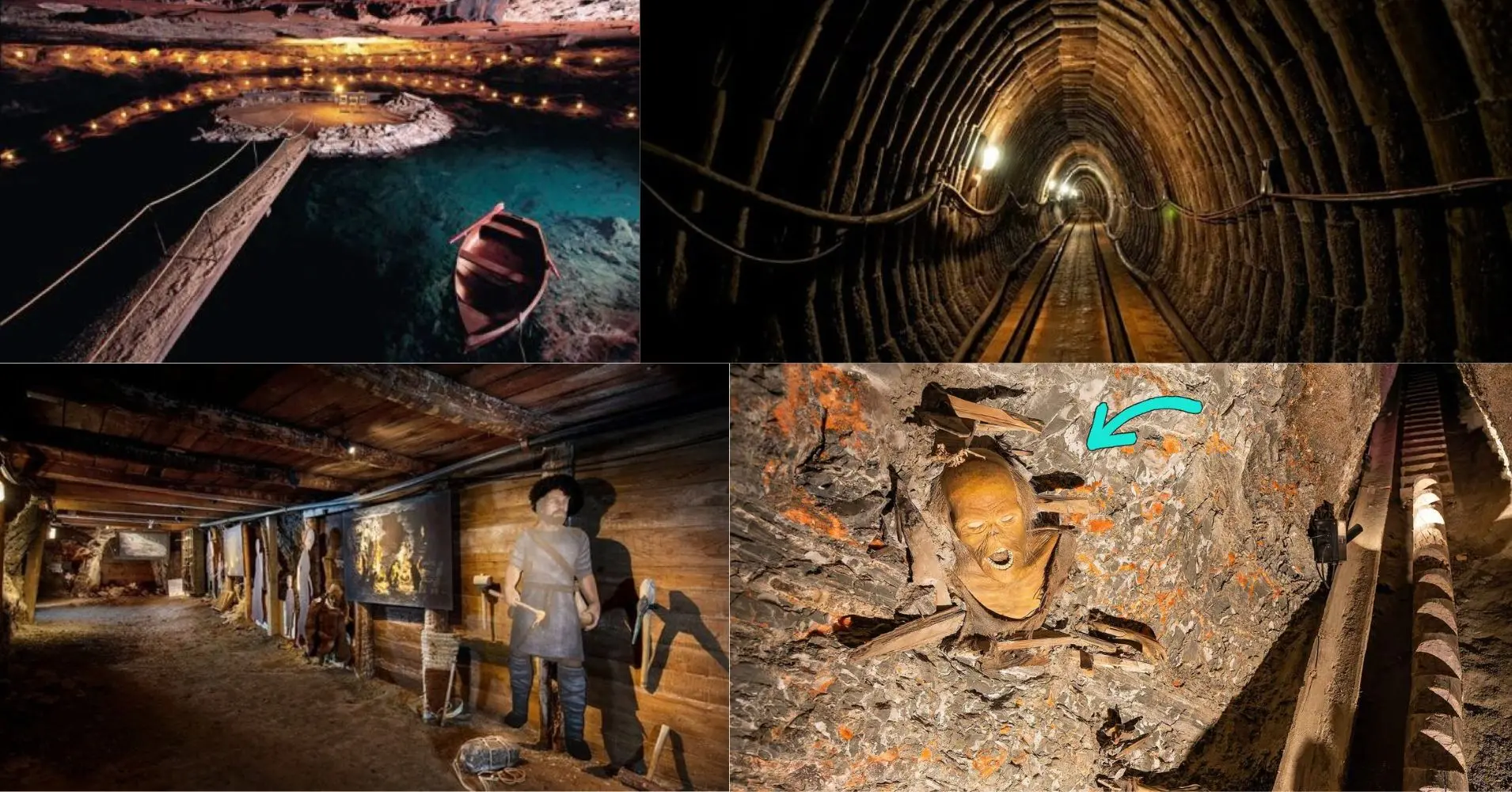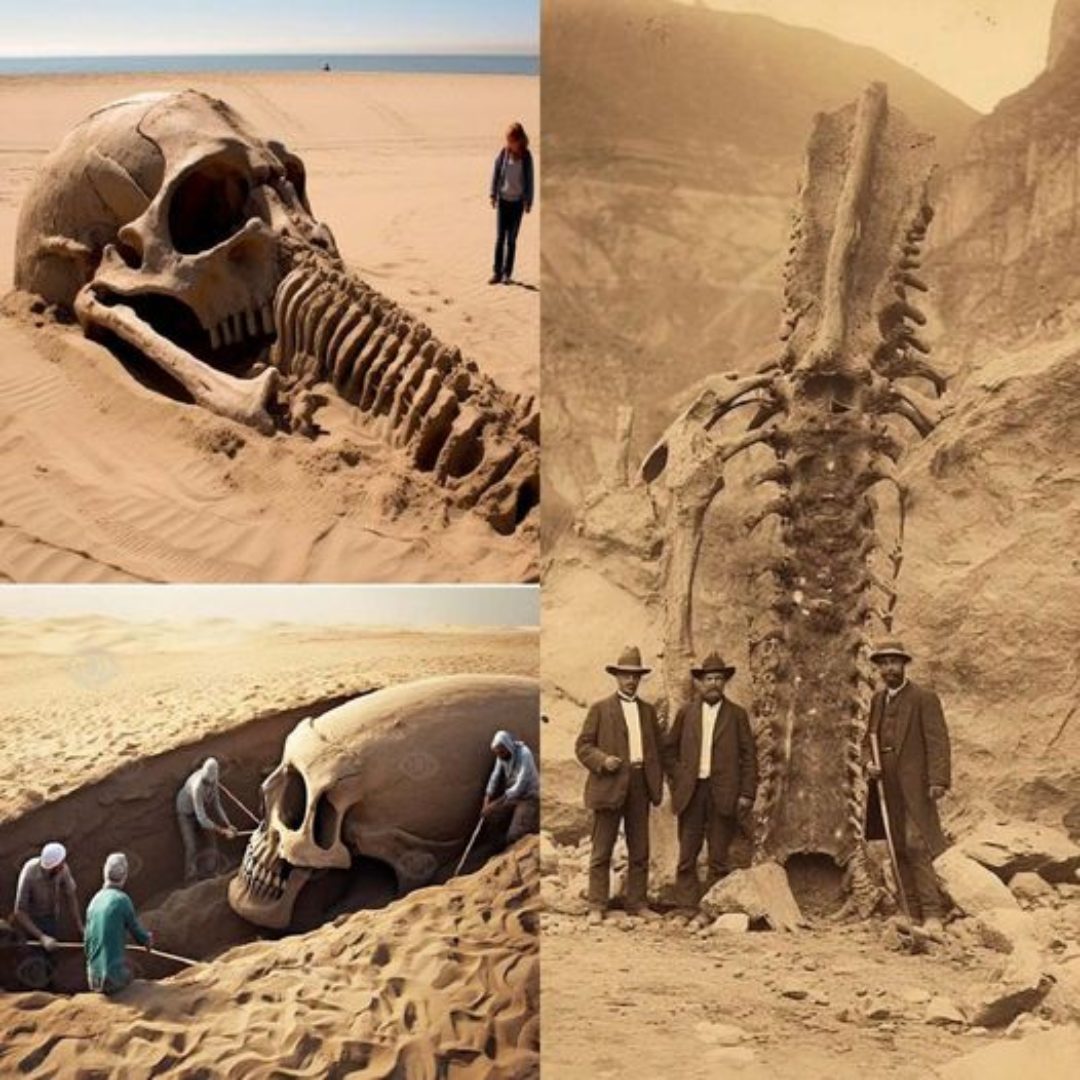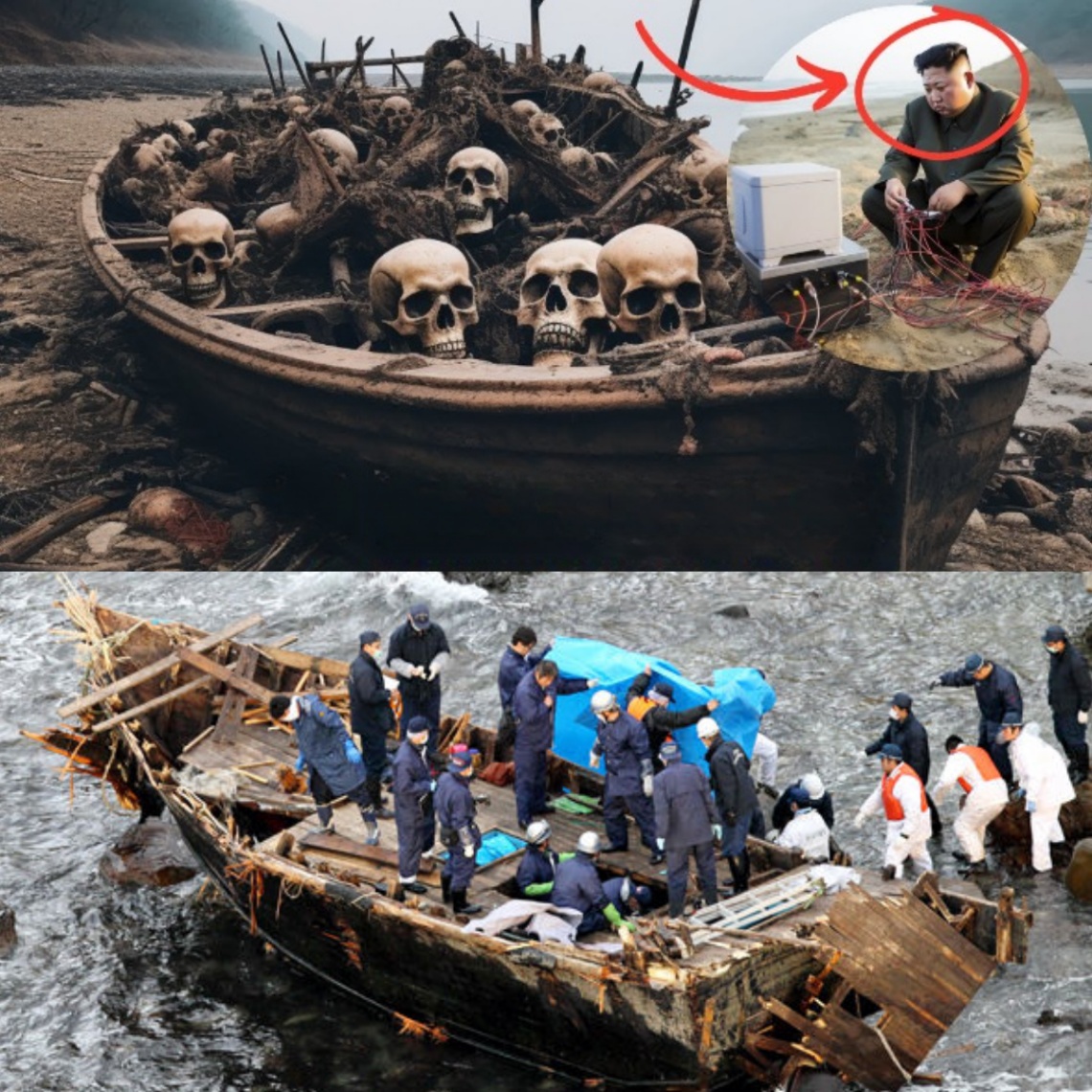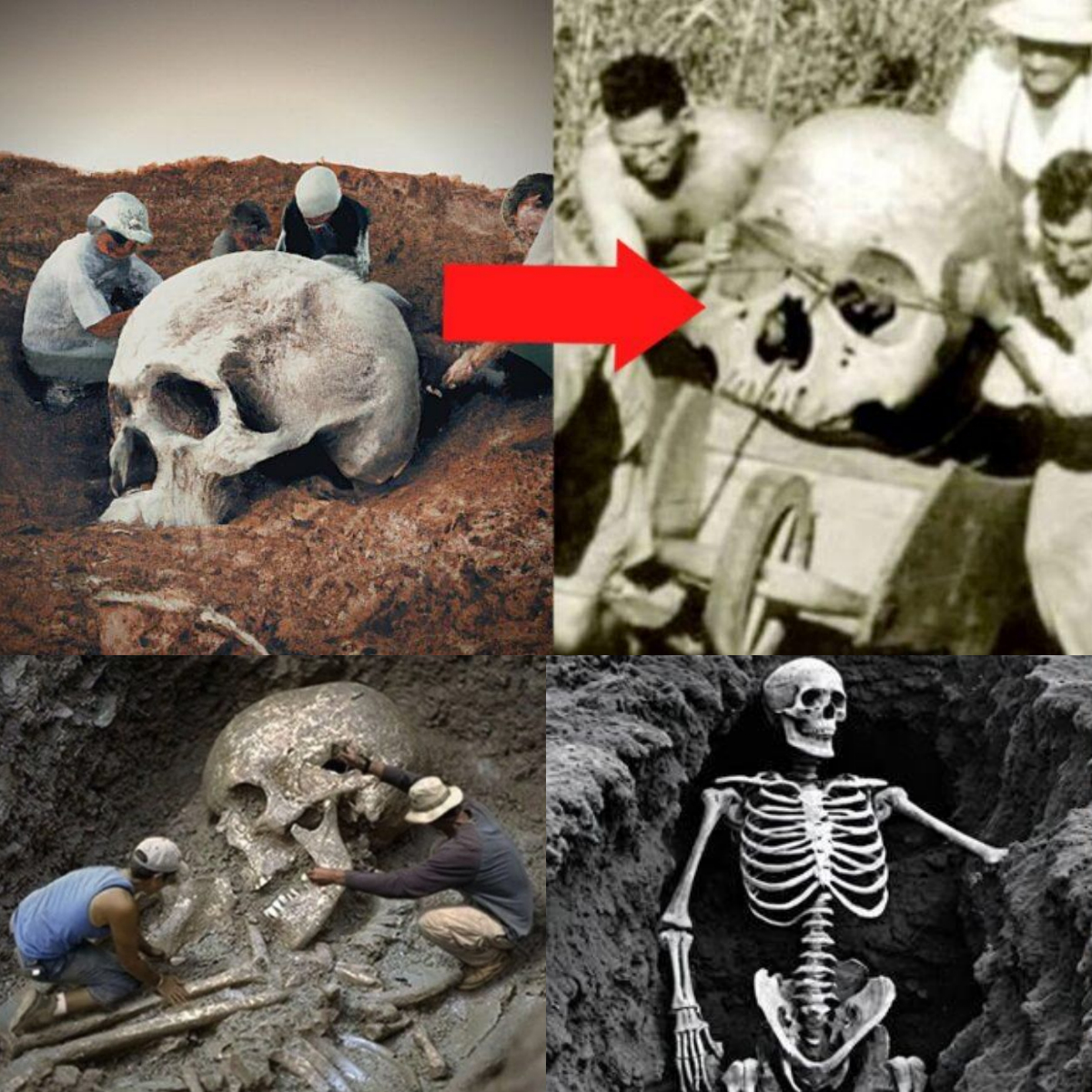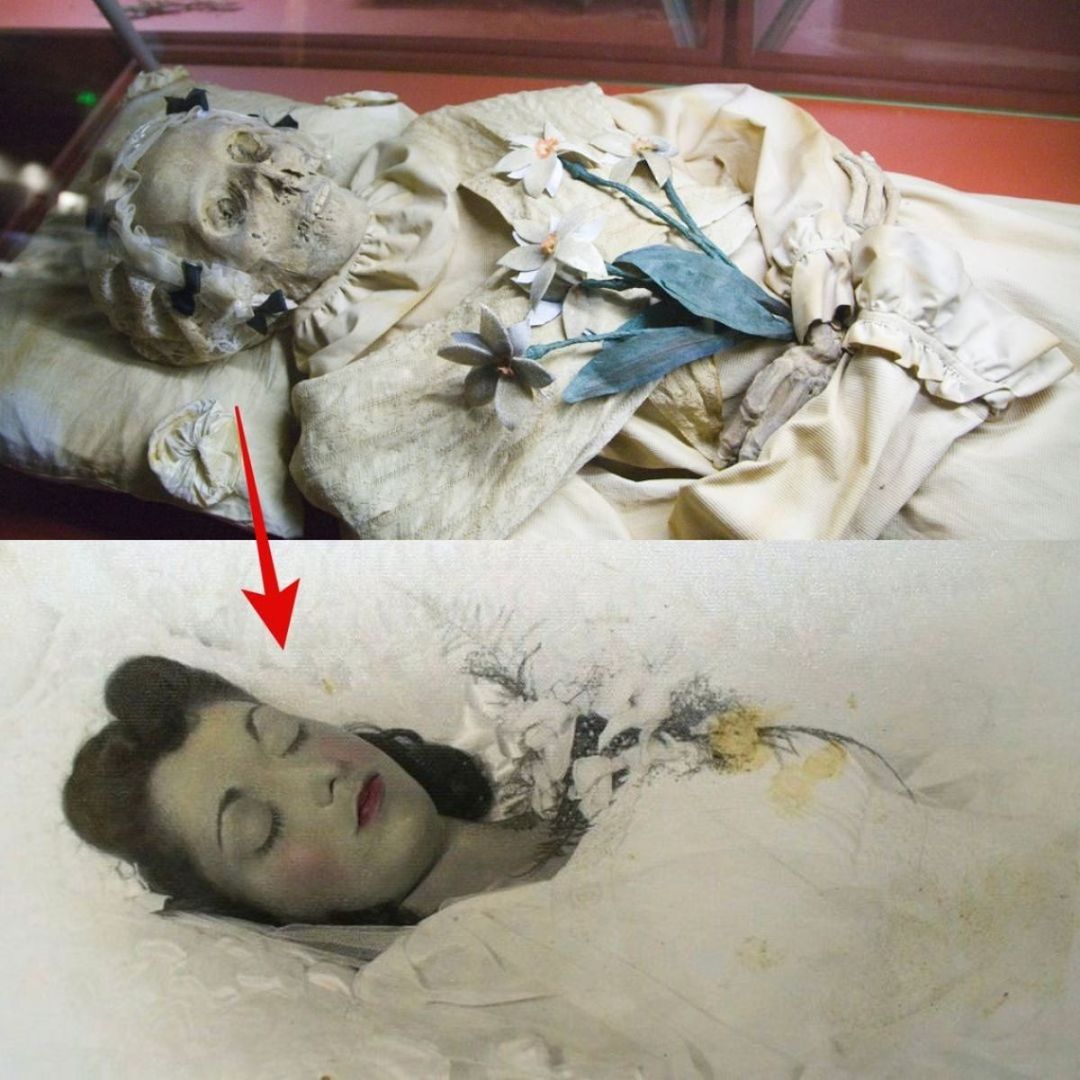
Although Demosthenes was unsuccessful in recovering most of the money his guardians had lost, he demonstrated a talent for oratory and continued to develop this ability working as a logographer. In ancient Athenian courts, individuals were not permitted to undertake paid advocacy work but could receive payment to write speeches for litigants who presented their own cases in person. The courts in Athens were heavily relied upon by politicians to further their own agenda, and by 355 BCE, Demosthenes was participating as a litigant in a number of politically charged cases. One example is Against Timocrates, taking place in 353 BCE. There, Demosthenes challenged a decree that he argued would provide an unfair advantage to wealthy citizens in repaying their debts.

The defining theme of Demosthenes’ career as a politician was his resistance to Philip II’s imperial expansion as the king took control of Southern Greek city-states. The Athenian statesman’s first public speech against Philip came in 351 BCE. He called for the city to recognize the threat the Macedonian king presented to Athens’ independence. Demosthenes’ resistance continued over the next three decades, even after Athens came under Macedonian control. He held this conviction until his death in 322 BCE when he took his own life to avoid being captured by Macedonian general Antipater’s agent Archias. Although Athens’s revolts against Macedonia — first against Philip II and later against Alexander the Great — were unsuccessful, Demosthenes is celebrated for his unwavering, principled stance as much as his skill in oratory.
Read below for more on the speeches that defined Demosthenes’ influence on the political and legal landscape of Ancient Greece at the end of the Classical Period.
1. First Philippic: Demosthenes’ Warning

Get the latest articles delivered to your inbox
Sign up to our Free Weekly Newsletter
The beginning of Demosthenes’ political career in Athens coincided with the rise of Macedonia under Philip II. At the beginning of the 4th Century BCE, the political landscape of Ancient Greece centered around the city-states of Sparta, Athens, Thebes, and Corinth. This region was also significantly influenced by the Achaemenid Empire, which frequently switched sides in the conflicts between the Greek city-states. Until Philip II’s reign, Macedonia existed at the edge of this political landscape, although the region was involved in some capacity in many of the conflicts between the southern Greek city-states over the previous century.
The power balance shifted rapidly when Philip II came to power in 359 BCE. Reorganization of the kingdom’s army alongside effective diplomacy helped lay the groundwork for Macedonia’s successes in the following decades. Much of Philip II’s initial expansion came during the Third Sacred War, in which Macedonia came into direct conflict with Athens’ armies. Although the Macedonian army was defeated by Athenian forces at Thermopylae in 352 BCE, Philip II had become ruler of Thessaly earlier that year following his victory at the Battle of Crocus Field and gained significant power and territory as a result.

These events motivated Demosthenes’ First Philippic, a speech in which he called on Athenians to recognize the threat Philip II presented to the autonomy of Athens. Early in the speech, Demosthenes establishes the risk of the city’s complacency stating, “I wish you to see and to realize, that so long as you are on your guard, you have nothing to fear. But if you are indifferent, nothing can be as you would wish.” This forms the main theme of the First Philippic, in which the orator invokes the city’s tradition and former glory calling for military funding and planning to combat Philip II’s imperial expansion.
Among the sweeping proposals put forward, the First Philippic Demosthenes called for Athens’s military to be made up of the city’s citizens rather than mercenaries. “I will have none of your paper armies”, Demosthenes stated, instead calling for “an army which will be the army of Athens, and will obey and follow the general whom you elect”. Towards the end of the speech, the orator warns, “you have only to be assured that the future must be evil, unless you give heed and are ready to do your duty”. Although the Ecclesia of Athens did not implement these proposals, this speech marked the first in a series of Demosthenes’ speeches over the next decade denouncing Philip II.
2. Olynthiacs: An Urgent Call for Intervention

The Olynthiacs were a series of speeches delivered in 349 BCE in which Demosthenes called on Athens to honor its allegiance to Olynthus against attacks by Philip II. Following a similar theme from the First Philippic, in the Olynthiacs, Demosthenes warns of the consequences of inaction. The central thesis was that if Athens did not prevent Philip II from overrunning Olynthus, Athens would suffer the same fate. Three known Olynthiac speeches exist, although Demosthenes may have delivered more speeches on the same subject in this period. The order of the speeches has also been debated. Although the general consensus is that the Third Olynthiac was delivered last, the tone and subject matter of the First Olynthiac indicates that it may have been delivered after the Second Olynthiac.
Early in the First Olynthiac, Demosthenes highlights the potential cost of inaction: “…my main worry is that by a combination of concessions and all-too-plausible threats, and by misrepresenting us and our absence, an unscrupulous opportunist like Philip might turn the situation to his advantage and take something of ours for his own”. This defines the relevance of Philip II’s attacks on Olynthus for the Athenian audience; despite the distant location, complacency in this conflict could have direct consequences in Athens. Later in the same speech, Demosthenes emphasizes this point stating, “don’t forget you are making a choice of fighting him here or fighting him there”.

The Olynthiacs are a direct call to action. The Second Olynthiac includes Demosthenes’ practical proposals, including a war levy and calls for an army to be raised from the Athenian citizenry. The tone of this speech is accusatory in some places, with Demosthenes admonishing the audience: “you’ve spent the entire period putting things off, waiting for others to act, blaming one another, taking one another to court and resorting again to wishful thinking… …the same as you’re doing now”. This clearly establishes Demosthenes’ argument that the city is ignoring its responsibility in countering the Macedonian threat.
The Third Olynthiac builds on these themes. Demosthenes calls on Athenians to “get rid of laws that are harming you”. The main law he is referring to here is the Theoric Fund. This was a fund the city raised to pay for public entertainment and festivals. Throughout the Olynthiacs, Demosthenes criticizes the city’s priorities arguing that the Theoric Fund represented a poor use of resources when Athens was facing what, Demosthenes argued, was a clear threat to its autonomy. Despite sending some support to Olynthus, this fell short of Demosthenes’ proposals, and Olynthus was conquered by Philip II in 348 BCE. The population of Olynthus, and the reinforcements sent by Athens, were sold into slavery.
3. On The Peace: Pragmatic Diplomacy

Demosthenes delivered On The Peace in 346 BCE, three years after the Olynthiacs. In the same year, Athens and Macedonia had agreed to the Peace of Philocrates. Having advanced South, Philip had threatened to overpower Athens, leading the city-state to negotiate the peace treaty. After the treaty had been agreed upon, Philip advanced on Phocis and took control of the region. Phocis was part of the Delphic Amphictyonic League, and with the support of Thessaly and Thebes, Philip gained Phocis’ vote within the league. Philip called an assembly of the nine powers within the Delphic Amphictyonic League, which included Athens, to ratify this decision.
Many Athenians were against the decision to ratify Philip’s election, largely because it had been made without consulting the majority of the group’s states. In his speech, however, Demosthenes argued that Athens should ratify Philip’s election because the alternative could leave Athens isolated at war with the rest of the Greek powers. Despite disagreeing on principle, supporting Philip’s election was an act of pragmatic diplomacy to prevent the city-state from entering a conflict it could not win.
The speech argued for the benefits of maintaining the peace from an Athenian standpoint: “we think that the respite which the peace affords is more productive of advantages than wrangling and coming to blows over these points.” Demosthenes drew a distinction between agreeing with the terms of the Peace of Philocrates on principle and accepting that a decision to keep the peace represented the lesser of two evils for Athens. Despite arguing for Athens to accept Philip’s demands, the guiding principles that underscore On The Peace echo Demosthenes’ other speeches. With the aim of Athenian autonomy, Demosthenes argued that continued peace would offer the best pathway to this position. Following the speech, Athens ultimately agreed to accept Philips’ place on the league’s council.
4. Second Philippic: Deceit from Within

Delivered in 344 BCE, the Second Philippic was a scathing attack on the Macedonian king. Earlier that year, Demosthenes had traveled with other envoys in the Peloponnese to pull cities from Macedonia’s influence. However, whereas for powerful city-states such as Athens and Sparta, Philip’s expansion into the region represented a threat, his control offered security for smaller cities. The cities sent envoys to Athens complaining about their attempts to pull them from Macedonia’s sway.
The Second Philippic addresses this and outlines Demosthenes’ view that Philip broke the terms of the peace treaty. In addition to criticizing Philip, Demosthenes is critical of the pro-Macedonian contingent within Athens. The speech also returns to the topic of continued inaction against Macedonia. Demosthenes argues that “although those who denounce Philip are always regarded as saying what ought to be said… …nothing is done which ought to be done”. Delivered just two years after the Peace of Philocrates, the speech reflects the fragility of the peace treaty agreed upon between Macedonia and Athens.
5. On The False Embassy: A Failing Treaty

Another public address related directly to the Peace of Philocrates was Demosthenes’ speech On The False Embassy. There, Demosthenes accuses Athenian statesman Aeschines of acting in the interests of Philip rather than the interests of Athens. This links to the Second Philippic delivered a year earlier, where he argued that Athens had been misled into agreeing to the peace treaty with Macedonia. The charge leveled against Aeschines was equivalent to high treason. Demosthenes argued that Aeschines had misled the Athenian embassy into agreeing to unfavorable terms.
In many ways, this speech reframes the narrative of Demosthenes’ role in the peace agreement, arguing that he was tricked into lending his support to the treaty with Macedonia. Despite powerful arguments, Aeschine was acquitted of the charges against him. The significance of the legal conflicts between Demosthenes and Aeschines beginning in 346 BCE reflects the central role of the courts in Athenian politics. Litigation was used as a tool to achieve political aims and damage opponents’ reputations in a public forum.
6. Third Philippic: A Final Call to Arms

The Third Philippic was delivered in 341 BCE as tensions rose between Macedonia and Athens. Earlier in the same year, Demosthenes had delivered another speech titled On The Chersonese, convincing Athens not to accede to Philip’s request to withdraw troops from Cardia in Thrace. With this political momentum, Demosthenes delivered one of the most effective speeches of his career. The speech opened by reasserting Demosthenes’ view of the wrongs committed by Philip and establishing a responsibility in Athens to respond.
Demosthenes put forward the argument that Philip could not be trusted. He stated that any peace agreement would not be honored. Also, he cited instances when the Macedonian king had violated the terms of peace agreements in the past. The orator discusses Athens’s past military success citing examples of when the city defended against Sparta. He then draws a distinction stating that this was not comparable as this “warfare was of a legitimate and open kind”, whereas in the wars with the Macedonians, “most of our losses are the result of treachery, and no issue is decided by open conflict or battle” and therefore presents a far more insidious threat.

Towards the end of the speech, he invokes the Athenian’s pride in their city, stating, “while we are still safe, with our great city, our vast resources, our noble name, what are we to do?” Demosthenes’ answer to this question is the same as the First Philippic delivered over a decade earlier. He calls on the citizens to fund a military to challenge the Macedonian army and meet them where they are rather than using the force defensively. He also calls on the city to seek out alliances in other city-states only once steps have been taken to ready an army in Athens. The speech closes with a warning of the potential cost of inaction, suggesting that a military clash with Macedonia to decide the fate of Athens is inevitable.
Three years later, in 338 BCE, Macedonia fought and defeated an alliance of Southern Greek city-states led by Athens and Thebes in the Battle of Chaeronea. This outcome had a defining impact on the political landscape of Ancient Greece, as it would no longer be possible for these city-states to mount meaningful resistance against Macedonia. Athens attempted to rebel against Macedonia again alongside Thebes in 335 BCE at the start of Alexander’s reign but was unsuccessful. Although Athens had not achieved independence, Demosthenes was still admired and respected within the city for his principled stance that resonated with many Athenians.
7. On The Crown: Demosthenes on The Responsibility to Act

On The Crown was delivered in the midst of another legal battle between Demosthenes and Aeschines. Taking place in 330 BCE, Aeschines leveled charges against Ctesiphon, who had proposed honoring Demosthenes with a golden gown for his services to the city. Demosthenes’ speech went beyond a defense of the allegations against Ctesiphon and addressed Athens’s unsuccessful attempts over the previous decades to regain its independence. In this speech, he argues that where he has demonstrated loyalty to Athens, Aeschines has fallen short.
Demosthenes was successful in his defense of Ctesiphon, and Aeschines was fined and exiled. Six years later, Demosthenes was exiled from Athens, found guilty of embezzling money provided to the ekklesia. Returning to the city several months later, Demosthenes was celebrated again. After Alexander died, Demosthenes pushed for another uprising against Macedon. The uprising was unsuccessful, and the Macedonian general Antipater called for Demosthenes’ arrest. Escaping to Kalaureia, a Greek island, Demosthenes was found by Archius, a military agent of Antipater. To avoid capture, Demosthenes took his own life in 323 BCE.

Demosthenes’ work as an orator was powerfully influential throughout Ancient Greece and later in Ancient Rome, where Cicero titled his own orations against Mark Antony ‘The Philippics’. Plutarch discussed the parallels between the two orators’ lives, highlighting that both Demosthenes and Cicero achieved highly successful political careers despite not being born into the political elite, both challenged powerful military figures, and both ultimately lost their lives as a result of their convictions, Demosthenes advocating for an autonomous Athenian state and Cicero advocating for the preservation of the Roman Republic. Demosthenes’ later influence was defined by many of the same themes that popularized the orator in Athens, including his consistent, principled stance and clear, persuasive style.
